Request a Catalog
Radios Save Lives
RADIO’S SAVE LIVES
Terrorists Attack US Consulate Jeddah
6 December 2004 11:00 local time
Written by Lester M. Brayshaw IPO Jeddah 12 Dec 2004.
Staff was just getting up from a Management meeting when suddenly a heavy metallic crash was heard outside. This was followed by a loud explosion and rapid automatic fire coming from the direction of Bravo gate. The American consulate was under attack and terrorists were advancing on the chancery at a lighting speed! We had to reach the IPC Safehaven. I was in the IPO and folks would be depending on me to let them in! Within seconds, I made it into the CAA hallway just as duck and cover alarms went off. I could hear more machine gun fire near the chancery. My heart was pounding as I saw our Security officers running for their weapons.
During these first few seconds, Post One alerted the Marine house and the Marines grabbed their radios and gear but unarmed. Post One via VHF radio advised them to stand fast because the terrorists were at the door the marines were suppose to enter the chancery, firing their machine guns at the door. All of a sudden the terrorists ran toward the GSO building. When the area was clear again Post One said GO GO GO, directing the unarmed Marines to make a break for the back door of the chancery. As the Marines entered the back door, terrorists ran back spraying the door with machine gun bullets.


When I ran into the IPC, I turned up our VHF base radio and heard the Marines barking out orders to lock down the Chancery and take up their positions. The events were unfolding very quickly and yet, I felt as if the seconds were going by like hours! I jimmied open our secondary door to allow staff to enter as they ran in. Security was all around the perimeter of the IPC door. Gun fire was heard outside of the Consulate and our security was returning fire. Post One came over their handheld radios to let the Marines know what was going on outside and where the terrorists were positioned.


Another loud explosion occurred and over the radio in the Safehaven, we heard Post One say, “Three at the front!” The terrorists let out a spray of bullets against the glass doors, yet unable to get in, they tried to attach an explosive. Post One came back on the radio “terrorist are attaching device to the front door permission to GAS!” The RSO yelled, “GAS, GAS, GAS NOW!” over the radio. Post One activated the gas and the C/S fell right on top of the terrorists who then ran from the front doors. They ran around the chancery shooting into our CAA office windows making it appear they were INSIDE and moving down the hall towards us! At that point, I was ordered to secure the vault door.
Locked inside the Safehaven, we spoke with the American Embassy Riyadh on cell phones, landlines, and E&E HF radio. The VHF radio was turned up and we could hear what was going on outside. The Consul General kept Riyadh informed of our situation on the landline.
At this point I advised IPC Riyadh to standby their E&E HF radio because we were not sure how long we would be able to communicate via cell phones and landlines. Our Alternate Command post at Raytheon complex contacted us and was standing by to activate our back up VHF repeater in the event that ours went down, as well as the alternate HF radio we had set up at Raytheon that could reach Riyadh.
The Priority one order from the principle officer came next to start destroying classified material. The room began to grow very warm since the terrorists had taken out our four air-conditioning chillers. Head counts were taken over and over to determine who was accounted for and who was missing. This information was passed onto Riyadh. At this time, security became extremely annoyed with the blaring alarm system so we knocked out the speakers with our emergency ax.

We heard over the radio that the Marines had rounded up staff that had been separated within the chancery. Via radio the RSO confirmed with the marines the CAA was clear. So the RSO decided to reopen the vault door. He ordered me to man the door. The Marines and staff came running down the CAA hallway into the IPC. Security continued to get reports via Post one about what was going on and the PO also got up to date information by listening to the VHF base station. Sadly, word had come over the VHF radio that the terrorists had turned their interest to easy targets around the Consulate grounds, shooting multiple FSNs.
Local military and police were now on the scene to bring matters under control. The four hour-long siege was drawing to an end.


I have no doubt that our VHF radio system got us through this horrible day. The success of our communication programs are due to the Marines and post management who supported this program and took steps prior to the attack to keep it up and running. Without the radio and security system, there is no doubt many more lives could have been lost.
Since my arrival two and half years ago termoil in Saudi Arabia has been on the rise. I found our E&E radio program needed to be cleaned up. I made contact with James Segrave, a RIMC radio tech in Cairo, who came to Jeddah. At the time, the Consulate in Jeddah had a large motor pool and local guard force sharing one repeater with EAC operations. Needless to say, our radio program was saturated. I found this unacceptable.

I wanted a separate Emergency and Evacuation (E&E)radio system just for our Emergency Action Committee (EAC). This I soon learned would not be easy. I was up against regulations and money. But, with support from James Segraves, IPO Jim Mcrea in Riyadh, post management, and the Consul General it was a go. I also needed to secure the funds, though, to purchase more radio equipment. James Segraves came through on the funds issue. Instead he located an unused repeater out of Manama and an antenna mast from Frankfurt which were shipped in the diplomatic pouch.

I wanted to get a working E&E network control program running. More than half of our personnel were placed out of range and could not transmit back to post on handhelds. Jim Seagraves taught me how to put up high gain Larson antennas on roofs and run a coaxial cable to the handhelds. I also located some high gain pole antennas that we installed. James and I ran around town testing each of our compounds locations to insure our radios could make contact with our repeater. Finally, we had success.

Then, we made contact with a local US base corporate compound. The lead communication technician agreed to put up an alternate communication site that would provide us with a back-up VHF repeater and HF site. To our great satisfaction they gave us their full support with tools, masts, and facility support for free. We worked into the early mornings for a week setting up this system. We also installed E&E radios at two local schools and programmed local U.S. military radios to our E&E frequencies.

Next, the Consulate started weekly VHF E&E radio net tests on Monday nights. Post supported this program fully and made it a requirement that all officers be accountable to the program.
All in all, there are three E&E HF base stations located at the IPC, CGR alternate command site, and our alternate command post a Corporate location and one mobile HF set up in the RSO armored vehicle. For the past two years, all of our Jeddah HF sites have checked into the Riyadh HF net control station on a weekly basis.
The bottom line is that we came under attack on Monday 6 December 2004 11:16. Our EAC could communicate.


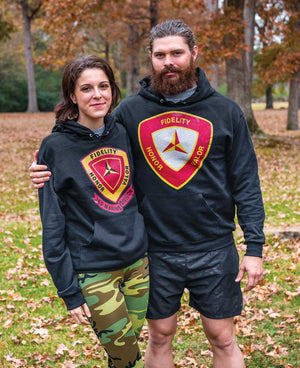
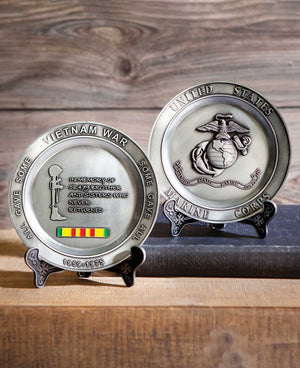
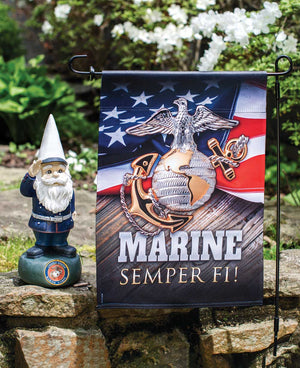
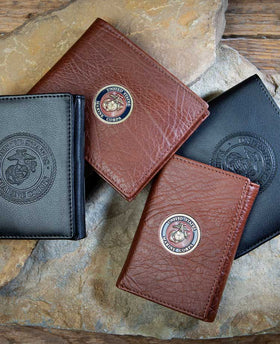
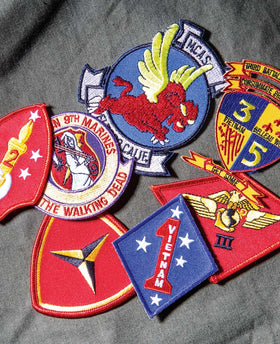



Leave a comment